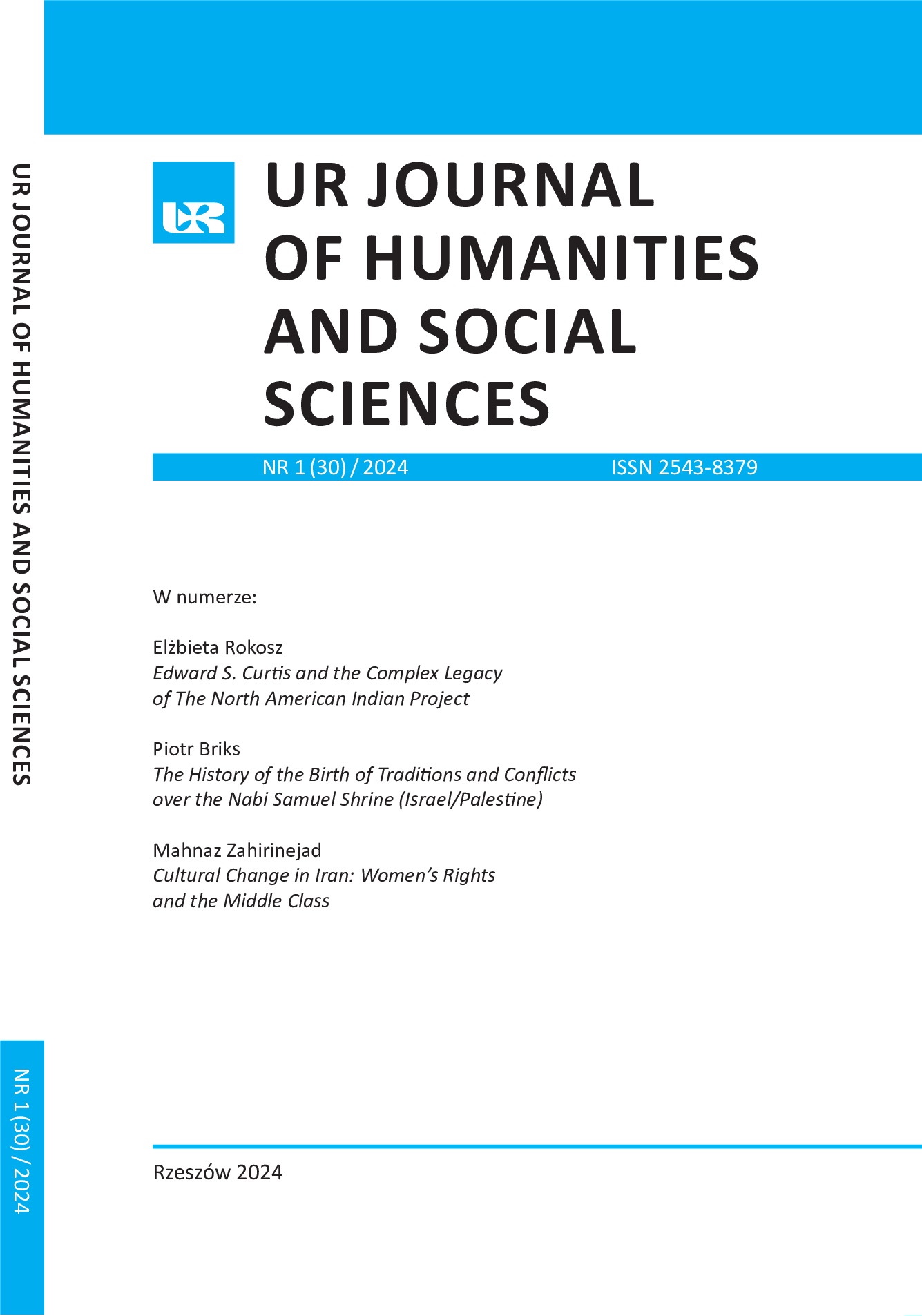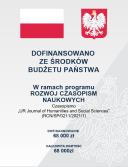Accents and maxims of the Polish school of housing and settlement research – 1920–2022
DOI:
https://doi.org/10.15584/johass.2024.1.6Keywords:
thinking, achievements, research on housing and settlementsAbstract
The article outlines the thought and research achievements of the Polish school of housing and settlement research in the period 1920–2022 The aim of the study is to formulate and outline the content of the maxims and accents of this school's search by analyzing its works and synthesising the findinds. Emphasis and maxims regarding: ideas and features of construction and social housing; assumptions about the most socially necessary housing; housing issue in the Second Polish Republic; definition and scope of housing policy and management; the concept, subject and scope of the housing situation and the factors shaping it; housing problem in the Polish People's Republic; the concept, scope and availability of settlement infrastructure; crisis of settlement processes in the Polish People's Republic; threats, desirable canons and paradoxes of housing policy in the Third Polish Republic; housing issue in the Third Polish Republic; the emergence of the settlement sphere defining the subject of settlement policy as a derivative of spatial and social policy; separation of the inhabited space constituting the core of the living space; the need for a pro-settler orientation of sustainable development towards balancing the living space. The results of the method used indicate that the collectively read maxims and research accents form a sequence of pro-social scientific thinking with universal values. They constitute an evolving warning response to the realities of the housing and settlement sphere pertaining to Poland but related to the development of Western civilization and a growth tendency of global structural complications in this area.
Downloads
Downloads
Published
How to Cite
Issue
Section
License
Copyright (c) 2024 Wydawnictwo Uniwersytetu Rzeszowskiego

This work is licensed under a Creative Commons Attribution-NonCommercial 4.0 International License.



